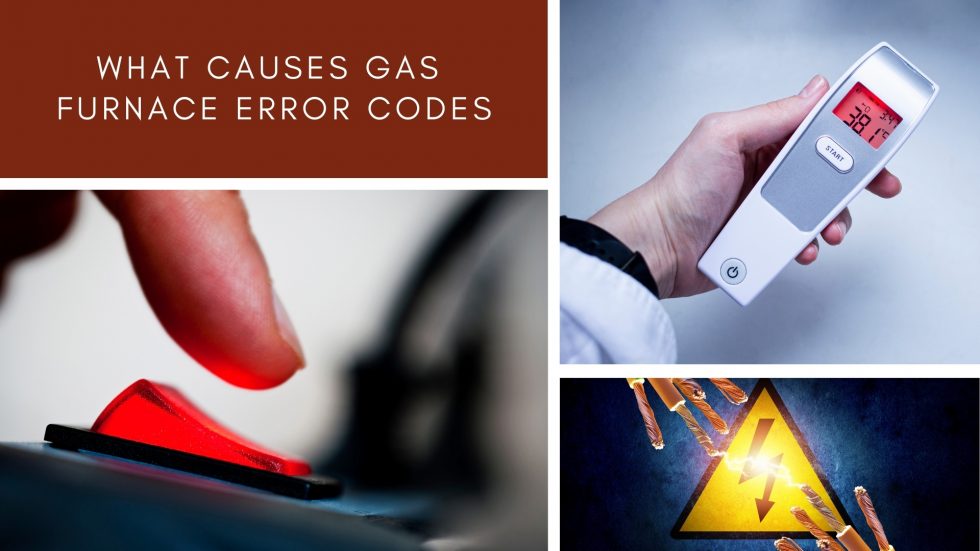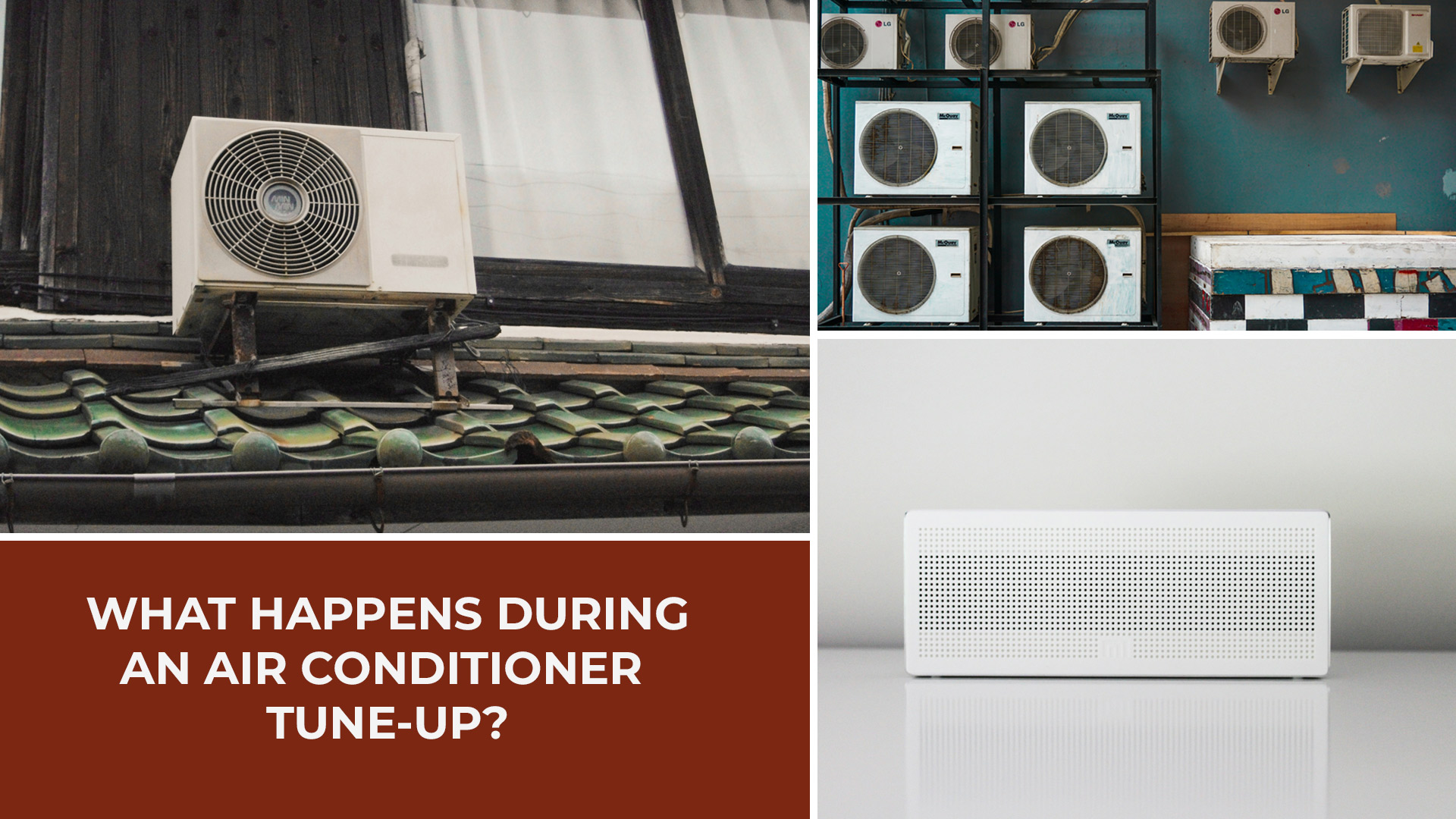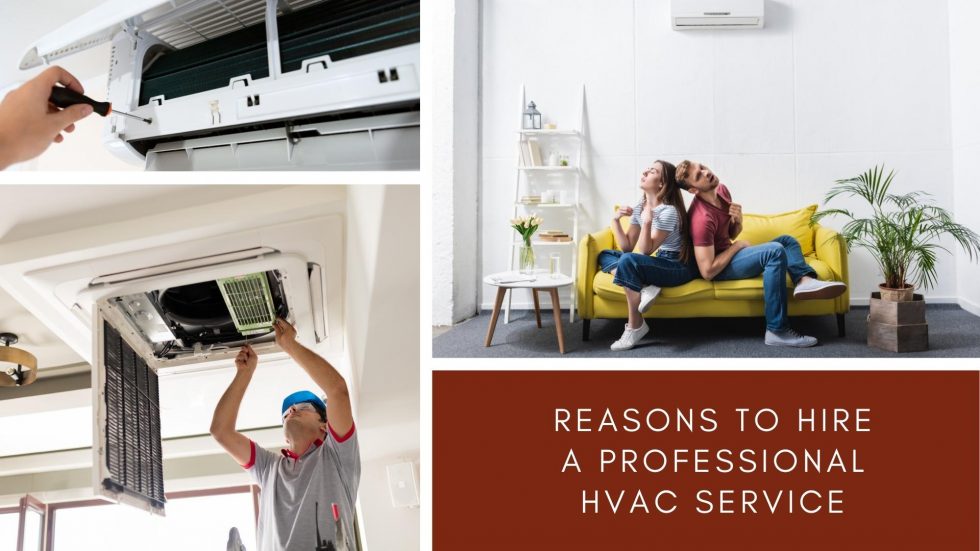
The AC condenser is an essential part of the air conditioning system. It is, in fact, the central air conditioning unit’s heart and soul. The condenser cools the refrigerant and releases it into the air for circulation throughout your home. This process allows you to stay comfortably cool during warm seasons. For your HVAC unit to work properly, the condenser must remain in top condition and be cleaned and maintained regularly. But how and why should you do that? Here are a few convincing reasons to help you keep your HVAC condenser in top condition.
Reasons to Keep Your AC Condenser in Top Condition
Condenser coils are essential to your HVAC system, and keeping them clean is necessary to maintain optimal performance. Read on to see why regularly cleaning your condenser coils makes sense.
Dirt buildup affects performance
An air conditioning system relies on a steady supply of cool air to function properly. But when something like a shrub or fence blocks the unit, the air cannot reach the condenser, and it overheats. A dirty condenser is a common issue, especially when pets like to sleep or rub against the unit. In addition to unobstructed airflow, good vents are essential for proper AC function. Even units that appear to be blowing out cool air may overheat without sufficient airflow to the condenser.

Cleaning your HVAC saves you money
Because dirty condenser coils cannot release heat efficiently, it is important to clean this HVAC component regularly. When a layer of debris or grime covers the coil, it will become harder for this component to work properly. As a result, to maintain the indoor temperature, the unit has to work overtime resulting in a high electricity bill. Should you clean them regularly, you can save yourself a lot of money and unnecessary repairs.
Regularly servicing your unit helps increase its lifespan
HVAC systems are long-term investments. Because these equipment are built to last, they have a fairly long lifespan of at least 10-15 years. However, the dirty condenser is one of the biggest culprits in premature HVAC failure. The coils can get so clogged that your system has to work hard to keep up with the interior climate. That can result in accelerated wear and tear on internal components. Protection against this issue is an essential service offered by HVAC contractors.
A professional tune-up assesses every aspect of your system
A high-performing air conditioner will keep your home cool and comfortable. It also contributes to better air quality. However, this is only possible when the condenser coils operate at full function.
Biological contaminants can thrive in dirty cooling coils. These contaminants, including fungi, molds, and bacteria, may eventually be brought indoors, posing a risk to your family’s health. Therefore, as part of a seasonal maintenance plan, have your coil cleaned by a certified air quality professional. Doing so will allow them to identify potential problems and offer tips for improving your home’s indoor air quality.
Cleaning the HVAC Condenser Coils Yourself
Cleaning the coils yourself is not difficult and only takes a few minutes. Start by climbing on top of the air conditioning condenser and spraying the coils with water from a hose. Then with an old toothbrush dipped in vinegar, scrub any dirt off the coils. Rinse them with water when finished.

Look for any sign of corrosion around the fins or on the compressor. You should call for help when rusting is found because corrosion often extends beyond visual sight. A professional should address corrosion or other damage as soon as possible to avoid further issues.
HVAC Repair Near Me
When it concerns an AC condenser, it is best to leave any repairs or maintenance to the professionals. Pioneers Heating and Air is not just your average HVAC repair company. We provide complete solutions that extend the lifespan of your unit and keep it running as efficiently as possible. Our service technicians are highly skilled in HVAC installation, air conditioning repair, and furnace repair. To find out more about our services, call us at (626) 217-0559 today!







